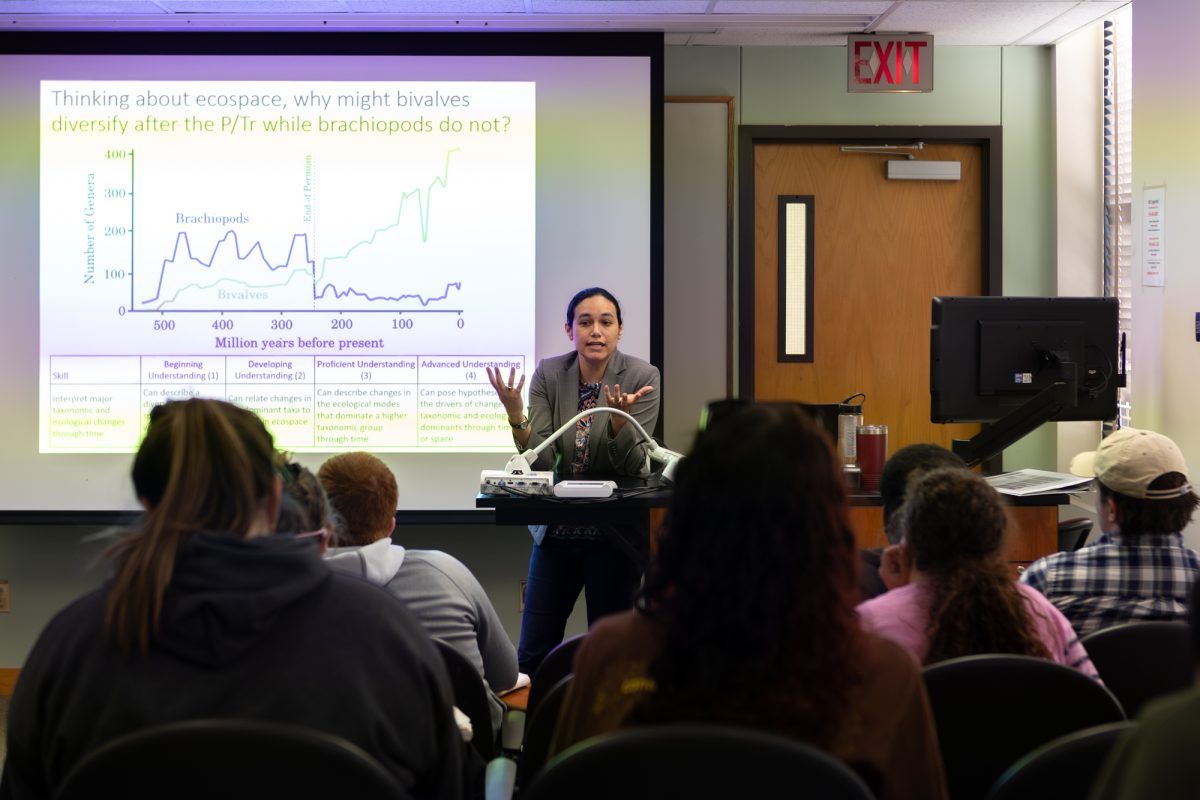Cities all across the country tend to be structured in one of two ways when it comes to city council representation for its citizens: single-member districts or an at-large system.
The two couldn’t be more different.
To put it simply, far more restrictions come with a single-member structured government, the biggest one being that you must live in the district in which you are running. This compared to an at-large system, where you can live anywhere in the city and still be elected to serve on the council. The issue with this is it often leaves minorities extremely underrepresented, as scholars have found time and time again.
At-large voting has been under scrutiny for years. It has even been compared to rigging elections, as the “oldest trick in the book” to prevent minority representation. Ah, yes, politicians doing everything they can to hold onto power, a story with which we are all too familiar. Unfortunately, this is a story that can be seen at every level of government, especially the local level.
After the 1965 Voting Rights Acts passage made voting for Americans of any race a reality, it did not take Southern politicians long to find a way to hold onto power. These politicians realized something: Now a huge demographic was able to vote, and their careers could be in jeopardy. After all, now an entire demographic of people had the power to vote out some of those who did everything they could to make sure they didn’t have the right to vote.
In a last resort effort to maintain a grip on power, these good ol’ boys decided their jurisdictions needed some restructuring. They changed forms of district representation from geographic to at-large voting districts. If this seems a little too convenient, that’s because it is. It’s clear what these elected officials were doing — they saw a new voting bloc with the power to vote them out of office and decided to suppress them instead of paying the price for years of racial discrimination.
Sadly, College Station is a shining example of misrepresentation for its constituents. In all of the city’s history, there has never been a Black council member even though 7.61 percent of College Station residents are African American. Simultaneously, there are currently no counselors of Asian descent, yet 10.07 percent of the College Station population is Asian Americans.
To learn more, I sat down with political science professor Dwight Roblyer, Ph.D. Right off the bat he said at-large voting is “not that common actually, because of the 1965 Voting Rights Act.” He went on to speak about the pros of single-member districts saying, “The advantage of having a member representing just your piece of the city is that often cities are sort of broken up. You have your country club set, the factory group workers, sometimes divided up by vocation or socioeconomic status or race or ethnicity.”
One thing Roblyer accurately pointed out is the comparison of the way Bryan’s government is structured to College Station’s. You see, excluding their mayor, our sister-city has all single-member districts and one at-large seat, and for good reason. According to Roblyer, “The Northern part of Bryan is African American and Hispanic, and so there are two districts that cover North Bryan and they are almost always represented by somebody who is Hispanic or African American. So those folks have a voice on the city council that is there to speak for them and they get to choose who it is.”
College Station needs to take notes from Bryan. The current makeup of the council is not an accurate representation of the demographics making up our municipality. It’s extremely evident considering there are no elected members who are non-white on the current council. Overall, single-member governments lead to monopolization and disproportionate power players. This is also quite evident since almost the entire current College Station council was elected largely due to the efforts of the local political action committee, the College Station Association of Neighborhoods.
This city would like to think they are one that is welcome to all, even claiming they are among the most “family-friendly” communities in the state. This is simply false. Until College Station changes the way our citizens are represented, the last thing they can claim to be is “friendly” to anyone who does not represent the majority.
Our elected officials must be held accountable, and our citizens, no matter their race, ethnicity, religion or anything else, must be proportionately represented. Under the current design, the structure allows for none of this. It’s undemocratic and must be changed.
Sam Somogye is a political science senior and columnist for The Battalion.



























